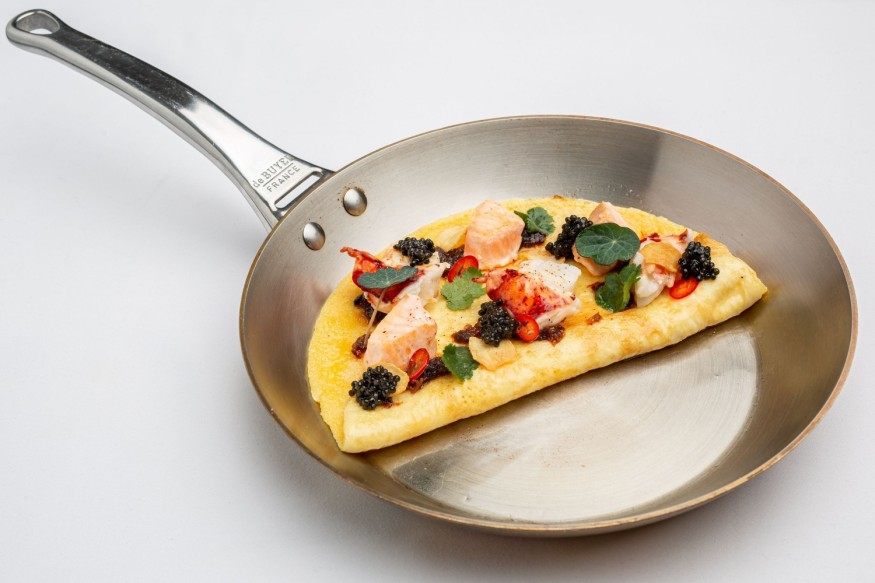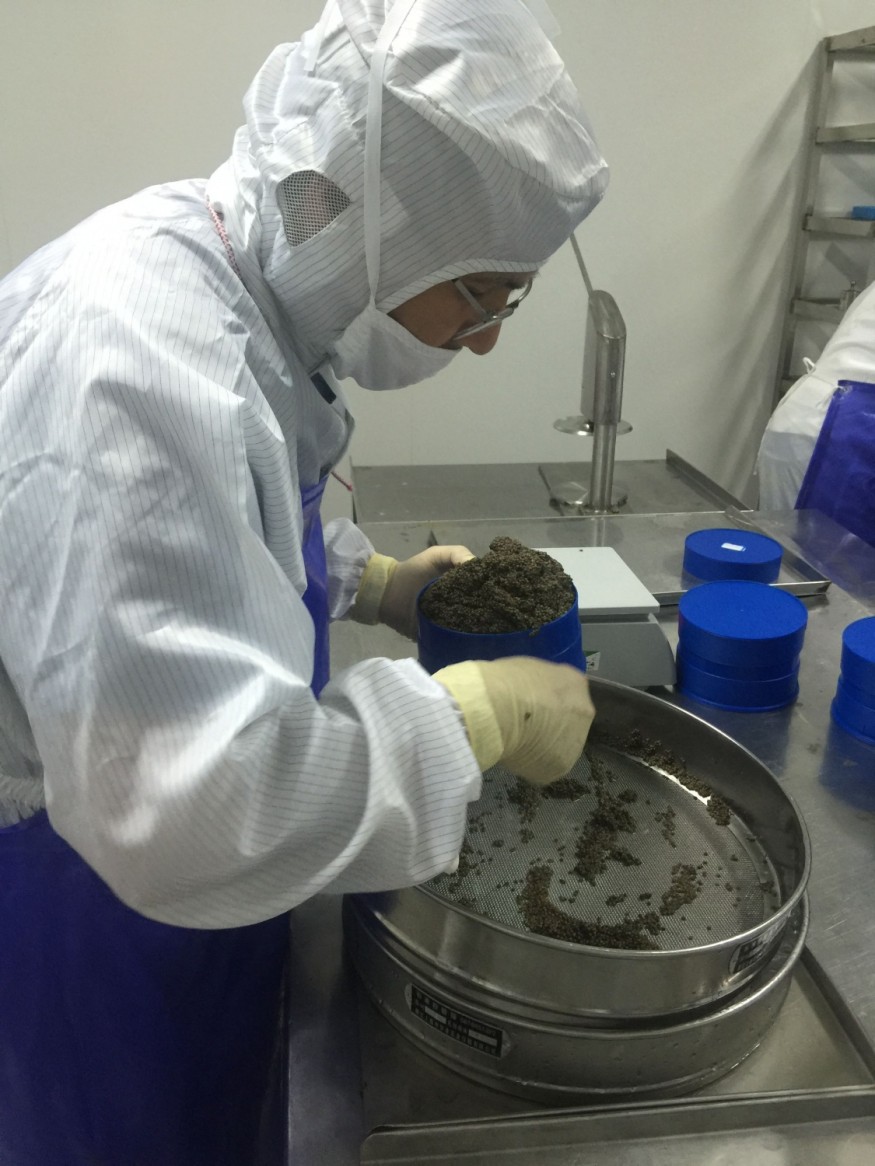
As the world undergoes rapid changes, one aspect that remains constant is the importance of food and nutrition for the well-being of humanity. Seafood, in particular, has gained prominence as a vital component of a nutritious and sustainable diet.
As the demand for seafood rises with a growing global population, aquaculture emerges as a critical solution to meet this demand sustainably. This article explores the role of aquaculture, particularly sturgeon farming, and its impact on the future of humanity.
A substantial shift towards seafood consumption is witnessed as it offers an abundance of essential nutrients, including omega-3 fatty acids, high-quality protein, vitamins, and minerals.
Countries such as Japan, Iceland, and Norway are excellent examples of nations where seafood is a staple part of the diet. These countries consistently rank high in global life expectancy statistics. Japan, renowned for its traditional diet rich in fish and seafood, has consistently ranked among the top countries with the highest life expectancy.
The global seafood market is expected to reach about $350 billion by 2027. However, overfishing in natural water bodies raises concerns about depleting fish stocks and damaging marine ecosystems. To address this challenge, the aquaculture industry plays a pivotal role in meeting the growing demand for seafood sustainably.
Over the last decade, sturgeon farming has emerged as one of the fastest-growing segments in aquaculture. Sturgeons are prized for two main products - black caviar and meat.
Sturgeon caviar, often called "black gold," is a luxury delicacy renowned for its exquisite taste and texture. It consists of the ancient proteins, minerals, and vitamins that make it an incredibly healthy and nutritional choice for any individual, and in some countries, it is widely acknowledged by doctors as medicine and
is prescribed to patients after surgical operations due to the presence of arginine or pregnant women because it has the biggest concentration of iron. The scarcity of sturgeon in the wild has led to strict regulations to protect the species, making sturgeon caviar a highly valuable and sought-after product.
Additionally, sturgeon meat is appreciated for its distinctive flavor and nutritional benefits. It contains essential nutrients, making it a healthy option for consumers seeking high-quality food sources.
Aquaculture has evolved from traditional open-water farming to more sustainable and eco-friendly methods. Recirculating aquaculture systems (RAS) are a prime example of such advancements. RAS enables sturgeon farming without causing harm to natural ecosystems, making it a more sustainable method of production.
In RAS, water is continuously filtered and recirculated through the system, reducing the environmental impact and minimizing waste discharge. This closed-loop system not only conserves water but also prevents the spread of diseases, leading to healthier and more robust fish populations.
This ensures optimal conditions for sturgeon growth and enhances their overall health and well-being, resulting in higher-quality caviar and meat.

As the demand for caviar increases, so does the need for innovative and sustainable processing methods.
In recent years, new technologies have emerged that enable "milking" sturgeons without causing harm to the fish. This humane method involves extracting eggs gently from female sturgeons without killing them. As a result, the sturgeons can continue to produce caviar throughout their lives, ensuring a sustainable source of this coveted delicacy.
As the world faces the challenges of an increasing global population, changing dietary preferences, and environmental concerns, aquaculture emerges as a vital solution for the future of humankind. Seafood, particularly from sustainable sturgeon farming, offers a healthy and nutritious food source essential for promoting well-being and longevity.
The development of recirculating aquaculture systems and innovations in caviar processing further reinforce aquaculture's sustainability and ecological benefits.
About the Author:
Dmitrijs Tracuks is a seasoned entrepreneur with more than 20 years in aquaculture. He is a leading figure in sustainable sturgeon farming and caviar processing.










